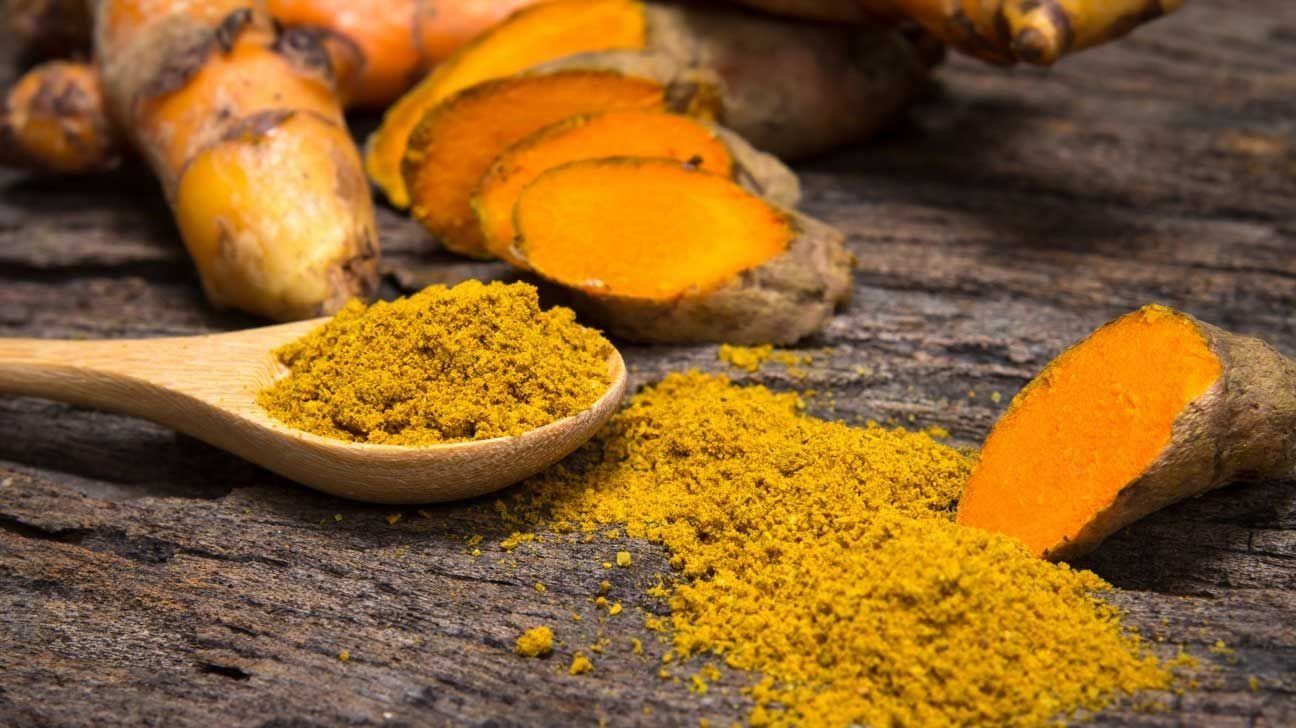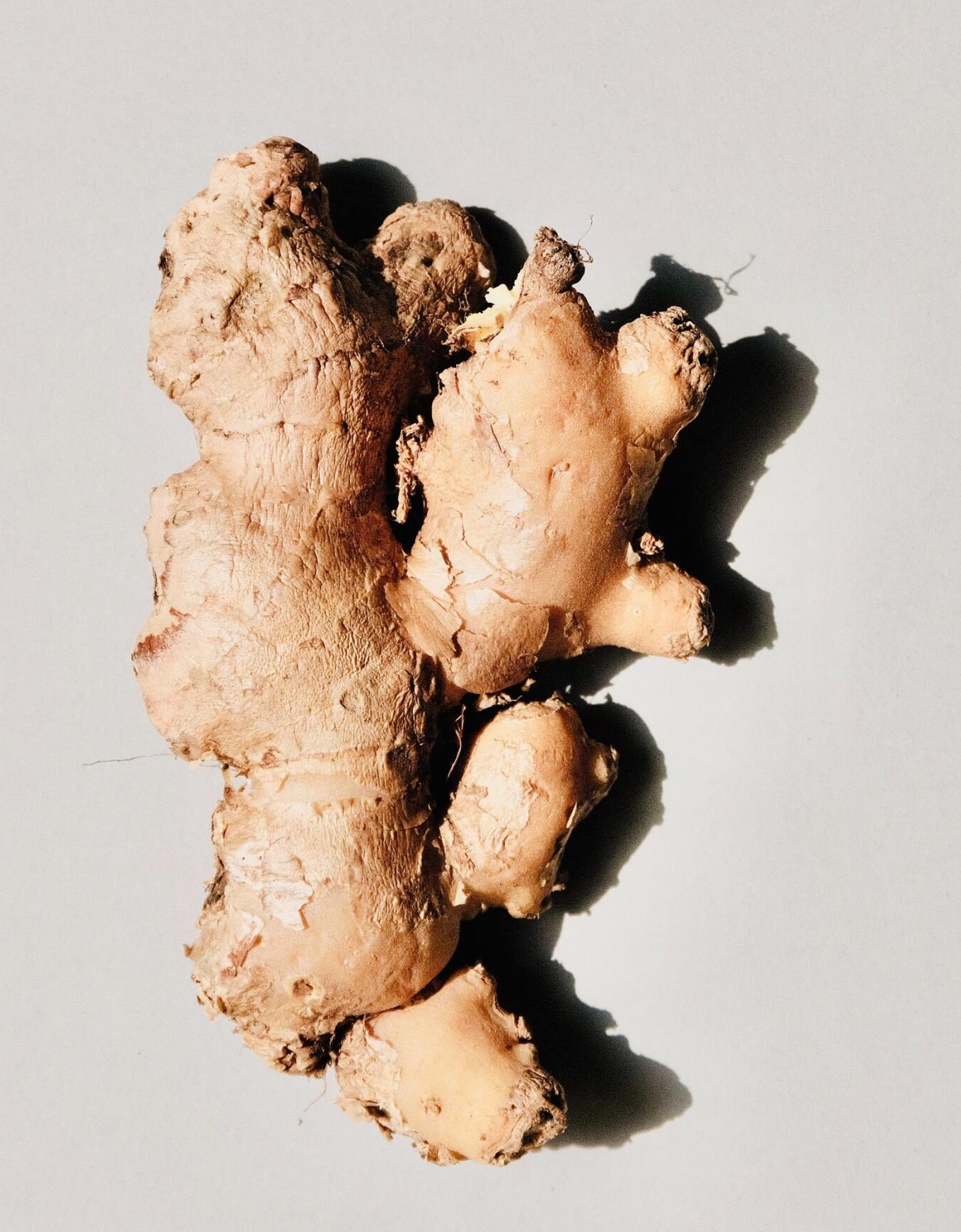The Health Benefits of Turmeric
- By proadAccountId-418007
- •
- 08 Aug, 2018

If you have an ailment, there's a good chance that someone, somewhere, is studying whether turmeric can treat it. There are more than 15,000 manuscripts published about curcumin, the active ingredient in turmeric, and about 50 manuscripts added to this collection each week, according to the National Institutes of Health.
What is turmeric?
Turmeric is a popular spice similar to ginger, known for its bright yellow color and use in curry powders and mustards. Also called "Indian saffron," the plant grows across India, other areas of Asia and Central America. Turmeric flavors a range of dishes, is a vital component of certain religious rituals and has been used for medicinal purposes for nearly 4,000 years.
1. Turmeric Contains Bioactive Compounds With Powerful Medicinal Properties
2. Turmeric is a natural anti-inflammatory compound.
3. Dramatically Increases the Antioxidant Capacity of the Body
4. Curcumin is linked to Improved Brain Function and a Lower Risk of Brain Diseases
5. Curcumin Should Lower Your Risk of Heart Disease
6. Turmeric Can Help Prevent (And Perhaps Even Treat) Cancer
7. Curcumin May Be Useful in Preventing and Treating Alzheimer's Disease
8. Arthritis Patients Respond Very Well to Curcumin Supplements
9. Studies Show That Curcumin Has Incredible Benefits Against Depression
10. Curcumin May Help Delay Aging and Fight Age-Related Chronic Diseases











